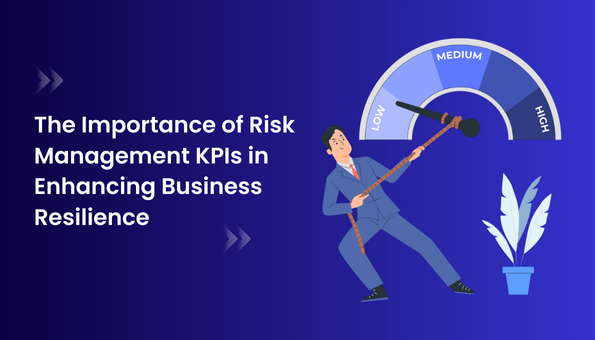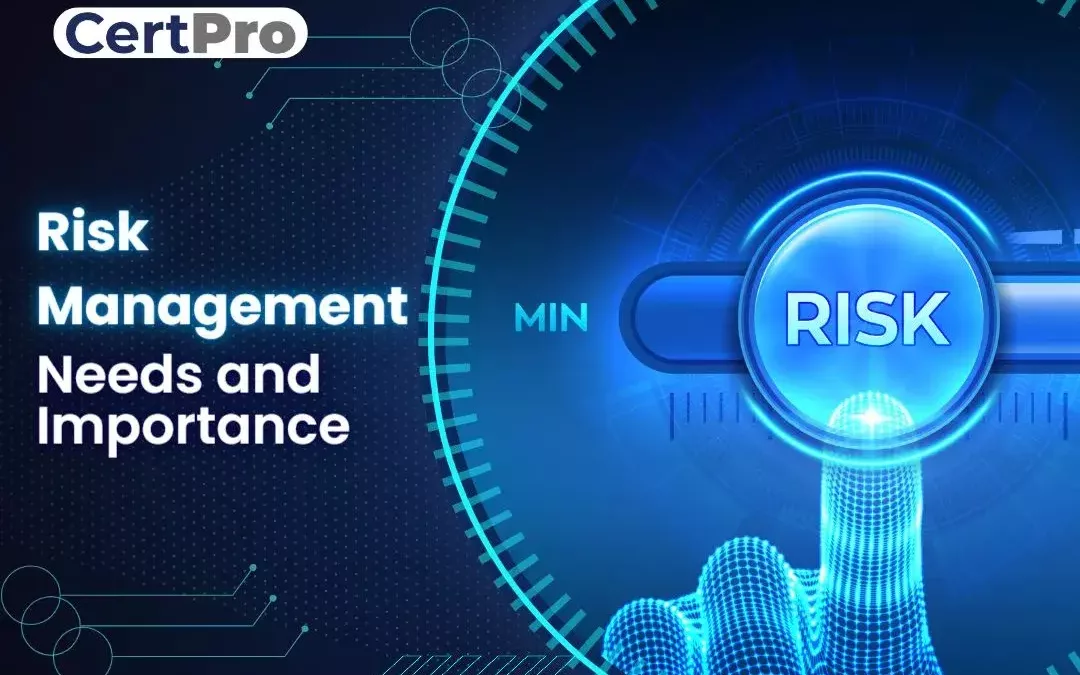Checking out the Importance of Risk Management for Effective Decision-Making Methods
In the intricate globe of service, Risk Management arises as a critical aspect in the decision-making process. The ability to determine prospective hazards and opportunities, and plan appropriately, can mean the difference between success and failing.
Understanding the Concept of Risk Management
Risk Management, a critical part in decision-making, is often misinterpreted or oversimplified. Risk Management involves structured and regimented approaches, making use of information and insightful assessments. From monetary uncertainties, legal obligations, tactical Management errors, to mishaps and natural calamities, it attends to numerous risks - importance of risk management.
The Function of Risk Management in Decision-Making Processes
In the world of calculated planning and company procedures, Risk Management plays an important role in decision-making procedures. Risk Management therefore becomes a vital device in decision-making, helping leaders to make informed options based on a thorough understanding of the dangers entailed. Risk Management serves as an important part in the decision-making procedures of any company.

Exactly How Risk Management Improves Strategic Preparation
In the context of tactical preparation, Risk Management plays a pivotal function. Initiating with the recognition of possible threats, it better encompasses the application of Risk mitigation steps. The role of Risk Management is dynamic but not fixed, as it demands constant surveillance and adjusting of approaches.
Identifying Possible Dangers

Executing Risk Mitigation
Risk mitigation approaches can vary from Risk avoidance, Risk transfer, to take the chance of decrease. Each method must be tailored to the certain Risk, considering its potential impact and the organization's Risk tolerance. Efficient Risk mitigation needs a deep understanding of the Risk landscape and the prospective influence of each Risk.
Monitoring and Changing Methods
Though Risk reduction is a crucial action in critical preparation, continuous surveillance and adjustment of these approaches is just as important. This recurring procedure allows companies to identify brand-new dangers and reassess existing ones, ensuring the carried out strategies continue to be effective in the ever-changing service environment. It likewise provides a chance to review the success of the Risk Management measures, enabling changes to be made where necessary, additional enhancing critical preparation. Reliable monitoring and change require using analytics and key efficiency signs (KPIs) to measure efficiency. These tools offer valuable data-driven understandings that can notify tactical decision-making. Surveillance and changing Risk Management approaches is a crucial component for enhancing an organization's strength and critical planning.
Instance Researches: Successful Risk Management and Decision-Making
On the planet of service and finance, successful Risk Management and decision-making commonly offer as the columns of flourishing ventures. One such entity is an international oil business navigate to this website that alleviated monetary loss by hedging against varying oil prices. In another circumstances, a technology startup flourished by identifying and approving risky, high-reward approaches in an unpredictable market. An international bank, confronted with regulative uncertainties, efficiently browsed the situation through aggressive Risk evaluation and dynamic decision-making. These cases highlight the worth of sharp Risk Management in decision-making processes. It is not the lack of Risk, however the Management of it, that typically sets apart effective business from unsuccessful ones. These cases underscore the essential duty of Risk Management in strategic decision-making. importance of risk management.
Tools and Strategies for Reliable Risk Management
Navigating the elaborate maze of Risk Management requires the appropriate collection of devices and methods. These devices, such as Risk signs up and heat maps, aid in recognizing and evaluating possible risks. Strategies consist of both measurable approaches, like sensitivity evaluation, helpful site and qualitative methods, such as SWOT analysis. These help in prioritizing dangers based on their potential effect and likelihood. Risk response approaches, an essential element of Risk Management, entail accepting, avoiding, moving, or mitigating threats. Monitoring and regulating threats, with regular audits and reviews, guarantee that the strategies stay efficient. With these methods and tools, decision-makers can navigate the complicated landscape of Risk Management, therefore facilitating informed and reliable decision-making.
Future Fads in Risk Management and Decision-Making Strategies
As we discover the vast landscape of Risk Management, it ends up being evident that the devices and techniques utilized today will continue to progress. The principle of Risk society, where every participant of an organization is aware and included in Risk Management, will get extra prestige. These patterns declare a more aggressive and comprehensive strategy in the direction of Risk Management and decision-making.
Conclusion

Risk Management therefore ends up being a crucial device in decision-making, assisting leaders to make educated choices based on a comprehensive understanding of the threats entailed. Risk see it here mitigation strategies can vary from Risk avoidance, Risk transfer, to take the chance of reduction (importance of risk management). Effective Risk reduction needs a deep understanding of the Risk landscape and the possible influence of each Risk. Risk action techniques, an essential part of Risk Management, entail accepting, avoiding, moving, or mitigating dangers. The concept of Risk culture, where every participant of an organization is mindful and entailed in Risk Management, will obtain a lot more prominence